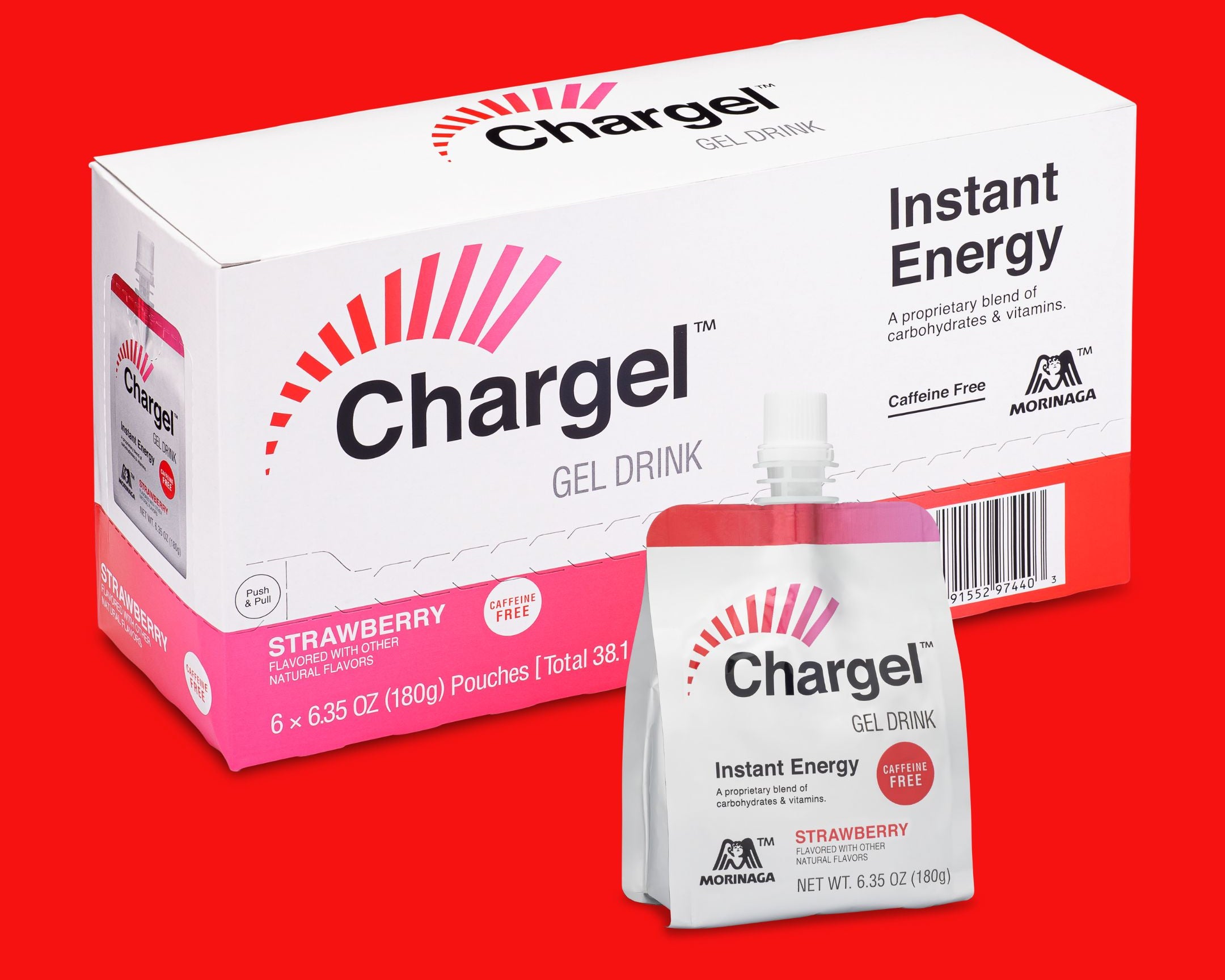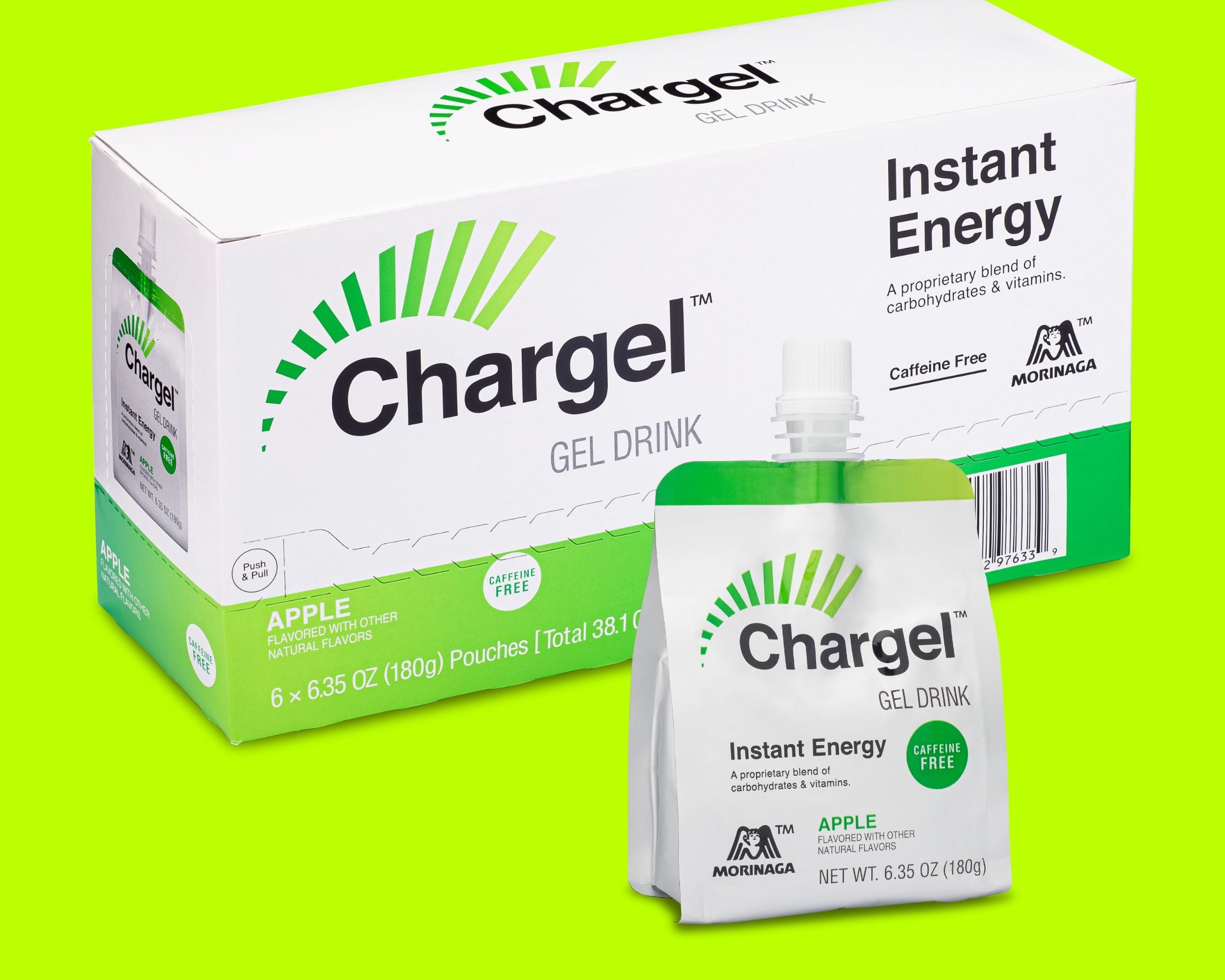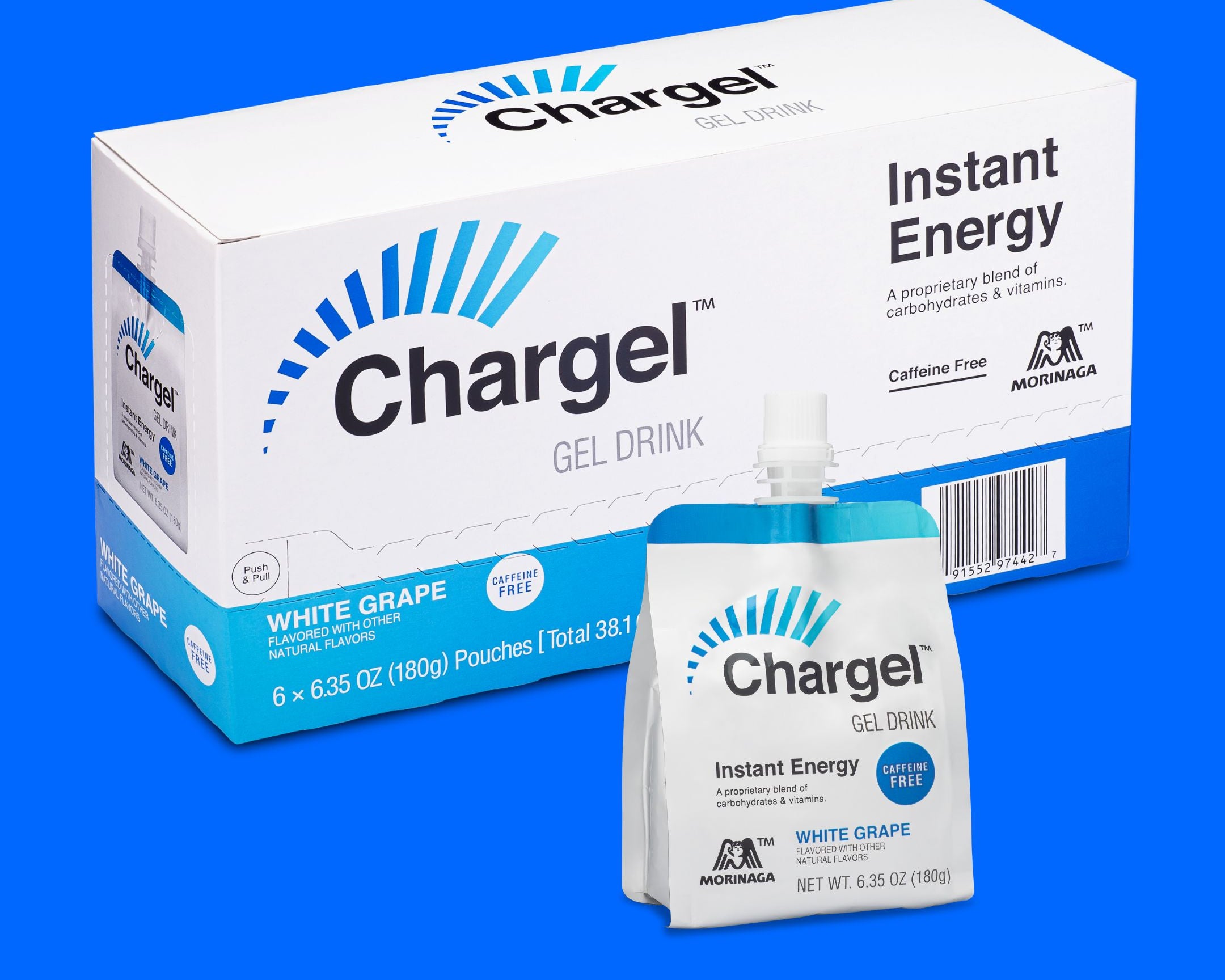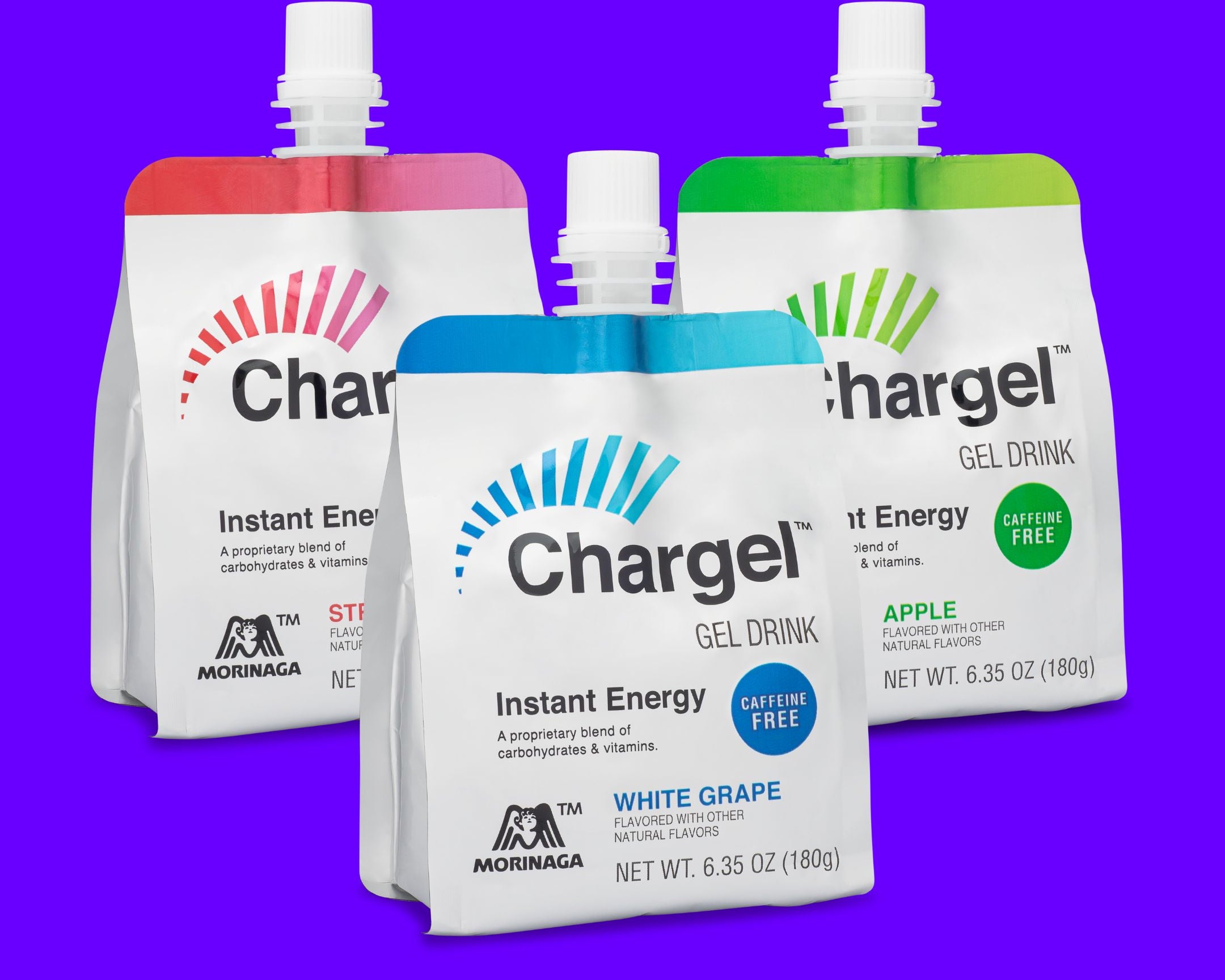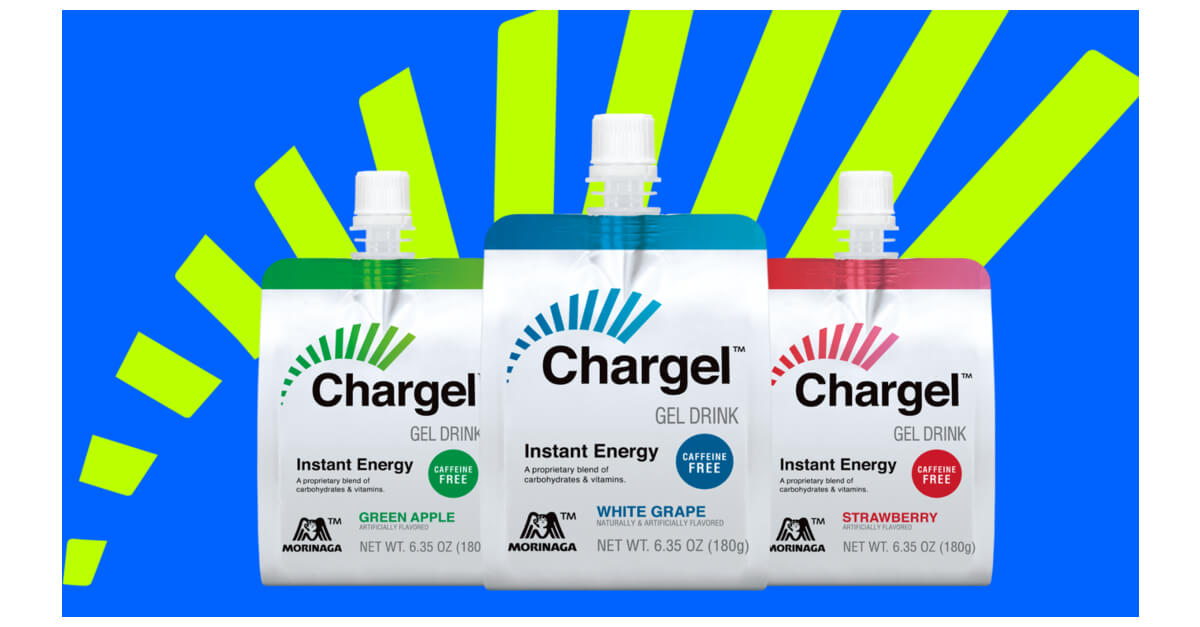 Author Profile: Matt Kadey
Author Profile: Matt Kadey
Matthew “Matt” Kadey is a registered dietitian based in Waterloo, Ontario, Canada who specializes in nutrition pieces and recipe development. Matt is a contributing health writer whose pieces and photography have appeared in a range of online and print publications such as Men’s Health, Women’s Health, Runner’s World, Clean Eating and more.
His work in food journalism earned him a James Beard Award in 2013. He’s published three cookbooks and his philosophy centers on consuming whole foods and getting plenty of exercise so you can eat more of them. You can learn more about Matt by going to www.matthewkadey.com or following along on Instagram and Facebook, @rocketfuelfood, @bt700bikepacking, Facebook.com/rocketfuelfoods and Facebook.com/BT700.
Working out is good for your mind and body. And while putting in the hours of training is important in maximizing your athletic performance, the right fuel—taken at the right time— before a big workout can make all the difference in how you perform and ensure you don’t run out of steam too early. It does not matter how hard you train, missteps with your pre-workout nutrition will almost certainly zap you of your workout mojo. Without enough fuel in the tank, your body can’t meet the demands of your workout, which affects your performance not to mention reduces those potential endurance or strength gains. Feeling dizzy, lightheaded, or lethargic is not a recipe for brag-worthy results. Whether you’re going for a run or lifting weights, the correct fuel in the body gives you the power to push through your exercise routine. Before a workout, your goal is to increase the delivery of nutrients to your muscles to maintain energy levels, postpone fatigue and improve your hydration status.
But figuring out what to eat before a workout can be such a struggle. Timing, types of foods and tolerance are among the fueling factors that need to be considered. It’s important to understand that your pre-workout eating strategy should vary based on how fair in advanced you’re taking in nourishment before a training session or race. What you eat a few hours before a sweat session is different than what you’ll want to take in just before getting to the start line.
Ready to sweat? Consider this your ultimate pre-workout nutrition guide for breakout success. Get ready to soar.
Time: 3 or more hours before your workout

Fatigue during prolonged exercise is often linked with muscle glycogen depletion and reduced blood glucose levels, both situations that leave your muscles starved for energy. And compared to stored energy from fat, the human body has a relatively diminutive amount of stored carbohydrate energy it can tap into. This is precisely why chowing on a carbohydrate-rich meal in the hours leading up to a workout can assist in making sure your carb stores are topped up to help stave off fatigue. But in the correct amounts, protein and fat in a pre-workout meal can help reduce hunger and stabilize blood sugar.
Many people will perform their best when they consume a fairly substantial meal a few hours before working up a sweat that contains primarily complex and simple carbs with just the right amount of protein and fat. This should allow for sufficient time to digest the calories that a bigger meal brings to the table. You may want to limit your intake of high-fiber foods like beans to lessen the risk of gut issues, including bloating.
As a general fueling strategy, this pre-workout meal should consist of 500 to 700 calories that supplies at least 1.5 grams of carbohydrate per kilogram of body weight. So, a 160-pound person should aim to put no less than 108 grams of carbs on their plate, with the remaining calories hailing from protein and fat. Each gram of carbohydrate has 4 calories. If you are gearing up for a really long or particularly high-paced endurance workout you can shoot for even more carbs. Overall, a 4:1 ratio of carbs to protein is about ideal. However, those who are fueling for a big weight-lifting session can benefit from adding a bit more protein at the expense of carbs into their pre-workout meal. So here, the carb-to-protein ratio in the meal would be about 3-to-1.
Here are some meal ideas that can power your workout:
2 cups cooked oatmeal with 1 sliced banana and 2 teaspoons maple syrup; slice of toast with 1 tablespoon nut butter and 2 tablespoons fruit jam; 1 cup orange juice (Note: this would be an example of a pre-workout breakfast.)
2 cups cooked pasta with meat sauce; 1 bread roll
Bagel sandwich with turkey, lettuce, tomato, and mustard; 1 medium sweet potato; 1 orange.
4 ounces cooked salmon; 2 cups cooked rice; 2 cups steamed carrots; 1 homemade muffin
½ block pan-seared tofu; 1 1/2 cups cooked quinoa; 1 cup roasted beets; 1 cup crackers
Time: 60 to 90 minutes Before Exercise

You may need more than just coffee.
Taking in some nutrition at this time can help diminish hunger, prevent low blood sugar, and top off your energy reserves. But it’s important to find something that keeps you feeling satisfied and energized, not uncomfortable.
This close to showtime you want to steer clear of any big, fat- and protein-heavy meals which are slow to digest leaving you with less than an optimal energy supply and certainly more susceptible to stomach woes when you are trying to push the pace. Nobody enjoys sharing gross workout GI stories.
According to the International Society of Sports Nutrition, a pre-workout snack containing carbohydrates with a bit of protein may improve muscle strength, reduce muscle damage and improve performance. Assuming that you took in a well-balanced meal a couple of hours beforehand as previously discussed, a light snack of 150 to 250 calories with 25 to 50 grams of carbs should suffice to help keep you feeling energized during your workout. Adequate amounts of carbohydrates are especially important for physical activities that require endurance, like cycling and running. The exact amount can vary based on an athlete’s size, sex, and workout intensity level.
For the most part, you want to make this a snack that is focused on easy-to-digest carbs which offer an added boost to your energy reserves but with less risk of any digestive woes. However, at the same time, you don’t want too many sugary calories, as these can cause a quick blood sugar spike and then a crash of energy just before your workout or during the early stages of it. Some say this leaves them feeling “bonky” much earlier than anticipated. A small amount of protein (5 to 10 grams) can help provide a more steady release of energy allowing you to better avoid burnout.
Here are some snack ideas that can give your exercise a boost:
3/4 cup low-fat yogurt topped with 1/3 cup granola
Rice cake topped with 2 tablespoons hummus
1/2 sweet potato with 1/3 cup cottage cheese
1-ounce pretzels with 1 string cheese
8 saltine crackers topped with 1 tablespoon peanut butter
6 dried apricots and 2 tablespoons almonds
Half a toasted English muffin topped with 1 tablespoon low-fat cream cheese and ¼ cup sliced strawberries
Time: 10 to 20 minutes Before Your Ride

This is your last chance to take on some fuel so you are ready to go hard from the start. Consider some nutrition during this pre-workout time frame a strategic opportunity to ingest carbohydrates to prevent premature drops in blood sugar and muscle glycogen to help you stay ahead of the pack.
The food you chose here should be mainly simple carbs, such as sugars. Yes, sugar. You want something that is going to hit your system fast so it’s a near immediate source of energy. When you eat these fast-working carbs they are readily available to your muscle cells to give you the energy needed to exercise at your maximum capacity. Fat, protein, and fiber don’t serve much purpose here and can only raise the risk for stomach woes when working out.
Gels, chews, applesauce, and dried fruit are all options for a quick carb hit. So too is a packet of Chargel which is a near perfect option for a shot of pre-workout Because it’s a Gel Drink, the carb calories become easier to digest and absorb, and the texture is more pleasant than your typical gel. With one of these on board, you can prepare for the risk of feeling weak or tired, and tempted to call it quits and take a nap.
Liquid Assist
No matter what your pre-ride nutrition plan is, don’t forget the water! The best dietary habits in the world won’t do enough for your performance if you start your workout in a dehydrated state. Although fluid recommendations vary based on several variables including body weight, sex, climate, and sweat rates, as a general rule of thumb you want to strive to take in 16 to 32 ounces of fluid 2 to 4 hours before the start of your exercise session. 10 to 20 minutes before the workout, you can down an additional 8 to 12 ounces to top off your fluid levels. If your workout is going to be a sweaty one, you can add a small amount of salt to the pre-workout drink (1/8 teaspoon to 12 ounces of fluid). But don’t wait too long to drink a lot of fluid, as you want to allow sufficient time before your workout for your bladder to empty. You can’t store water as a camel does.
